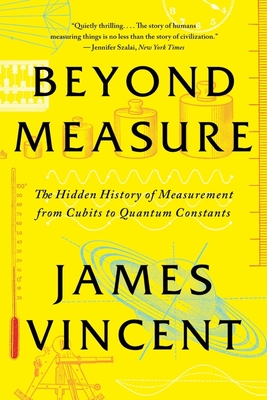
Justinian's Flea: The First Great Plague and the End of the Roman Empire
Description
From the acclaimed author of Miracle Cure and The Third Horseman, the epic story of the collision between one of nature's smallest organisms and history's mightiest empire
During the golden age of the Roman Empire, Emperor Justinian reigned over a territory that stretched from Italy to North Africa. It was the zenith of his achievements and the last of them. In 542 AD, the bubonic plague struck. In weeks, the glorious classical world of Justinian had been plunged into the medieval and modern Europe was born.
At its height, five thousand people died every day in Constantinople. Cities were completely depopulated. It was the first pandemic the world had ever known and it left its indelible mark: when the plague finally ended, more than 25 million people were dead. Weaving together history, microbiology, ecology, jurisprudence, theology, and epidemiology, Justinian's Flea is a unique and sweeping account of the little known event that changed the course of a continent.
Praise for Justinian's Flea: The First Great Plague and the End of the Roman Empire
“Ambitious and learned . . . readers will be swept along by the strong current of Mr. Rosen’s good natured erudition.”
—The Economist
“Impressive study of the Bubonic plague and its impact on history . . . eccentric and erudite . . . a massively ambitious work.”
—The Guardian (UK)
"History written with passion, panache, and an appealing bit of attitude."
—Kirkus Reviews
"Impressive study of the bubonic plague and its impact on history. . . . Eccentric and erudite . . . a massively ambitious work."
—The Guardian (London)
















